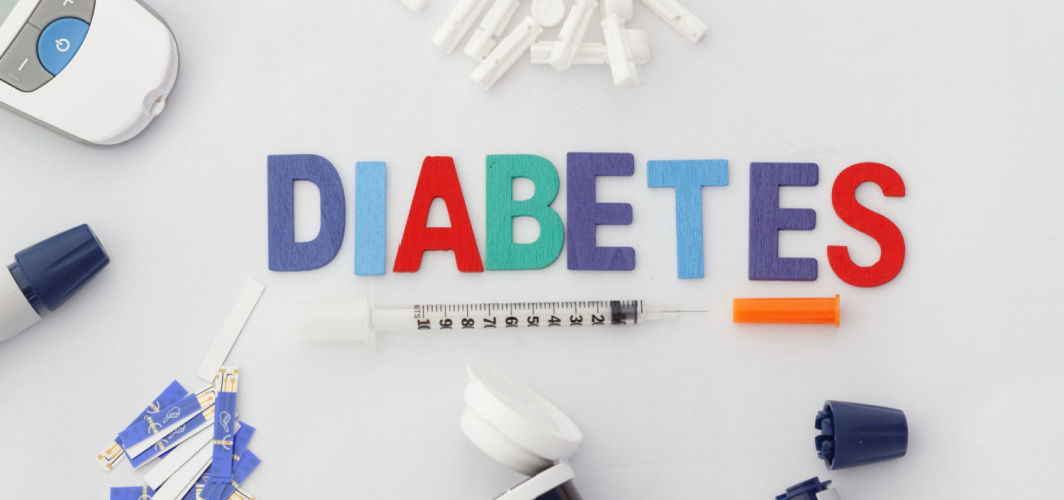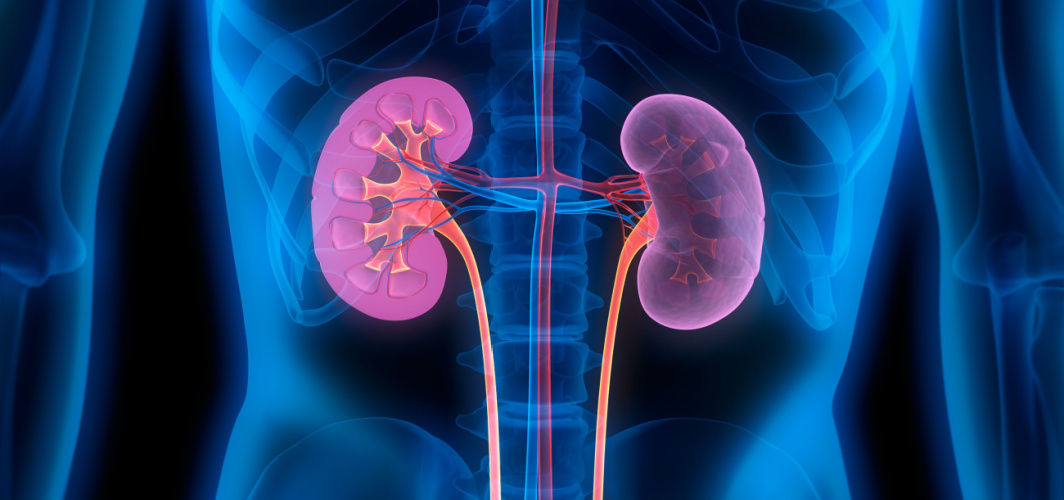Diabetes Management
Top 5 Misconceptions About Diabetes- Know The Facts Here!
4 min read
By Apollo 24|7, Published on - 10 March 2023, Updated on - 20 June 2023
Share this article
0
9 likes

Even though diabetes is one of the most widespread health issues in the world, there are still several myths and misconceptions plaguing the condition, creating plenty of confusion among people. There is no shortage of information available about diabetes, but it’s essential to remember that not all of it is true. Being aware of this condition is the only way to manage it and prevent any adverse complications. So, here is a list of some of the most common misconceptions surrounding diabetes and the truth behind them.
Myth 1: I never eat sweets, I can’t get diabetes.
Fact: Contrary to popular opinion, diabetes is not caused only by eating sweets and sugar-loaded food. In fact, every food we eat is converted into a form of sugar called glucose. A hormone produced by the pancreas, known as insulin, allows the cells to utilise this glucose to function and produce energy. Diabetes occurs when the body is unable to produce sufficient insulin, which results in excess glucose levels in the blood. Diabetes is a complex disease that is caused by several underlying factors, like obesity, lack of exercise, and family history amongst others. While high sugar intake is not a direct cause of diabetes, it can lead to obesity, which is one of the major risk factors for developing this condition. So, even if you never eat sweets, you can still get diabetes.
Myth 2: Diabetes is a disease and like all diseases, it will go away.
Fact: Diabetes is a lifelong disease that doesn't just go away. In the case of type 1 diabetes, your pancreas stops making insulin forever, therefore, those suffering from this type of diabetes will always need to take synthetic insulin. On the other hand, people with type 2 diabetes will always tend to have higher than normal blood sugar levels as their cells get resistant to insulin. However, type 2 diabetics can manage their blood sugar levels efficiently by changing unhealthy lifestyle habits, exercising regularly, eating healthy, fibrous food and monitoring their sugar levels frequently.
Myth 3: I will never be able to eat rice and chapati again if I have diabetes.
Fact: The ideal diet for diabetics is the same as everyone else - a well-balanced diet. This includes lots of veggies and fruits as well as eggs, lean meat, pulses, low-fat dairy items and fish. The most common Indian staples like chapati and rice can also be eaten by diabetics, however in moderation. Since both rice and chapati are rich in carbohydrates, they are believed to increase blood sugar levels, if consumed in excess amounts. Therefore, it’s better to opt for brown rice rather than white rice as the latter is polished and processed. Also, chapatis made from chickpeas, corn, or barley are considered better than wheat.
Myth 4: I am so young, I can’t be diabetic.
Fact: While it is widely believed that diabetes only strikes during old age, it's absolutely untrue. People of all ages can develop both type 1 and type 2 diabetes. Moreover, there has been an exponential rise in the cases of type 2 diabetes in children, teens, and young adults. In addition to this, the prevalence of type 1 diabetes is more in the younger population.
Myth 5: Insulin cures diabetes!
Fact: Diabetes is a chronic disease that has no cure. However, it can be managed to prevent any severe complications from arising. Insulin is a hormone that helps metabolise extra glucose out of your blood, where it can be used for energy. This helps in keeping the blood sugar levels under control.
As per Dr Mithun Bhartia, an endocrinologist associated with Apollo 24|7, “people fear insulin as they believe it would make them an addiction or affect their kidneys adversely. However, this is not true as the duration of insulin can vary from 5hrs to a few days, depending on the type of insulin used. Once the duration of insulin action is over, it gets out of the body. Therefore, it does not cause an addiction.
Similarly, insulin keeps your sugar under control, thus protecting your kidneys from damage. However, those with kidney issues may require much lower doses of insulin or as prescribed by your endocrinologist.”
With so many myths and rumours about diabetes flying around, it can be a little confusing for diabetics to figure out the best way to manage their condition. It’s highly advisable to consult with your doctor before you commit to any lifestyle changes or treatment plans. For more information,
You can also manage your diabetes like a pro with Apollo 24|7's 12-week empower programme.
Medically reviewed by Dr Sonia Bhatt.
Diabetes Management
Leave Comment
Recommended for you

Diabetes Management
Can Diabetes Pass On To Generations?
Not only family history, there are other factors that can increase the risk of diabetes. These factors include being 45 years or older, a sedentary lifestyle, being obese or overweight, high blood pressure, high cholesterol levels, gestational diabetes, PCOS, stress and depression, and a history of heart disease. Individuals with two or more risk factors have a higher likelihood of developing diabetes compared to others.

Diabetes Management
Diabetic Nephropathy: Are Your Kidneys At Risk?
Diabetic nephropathy is a serious complication of prolonged diabetes that can lead to kidney damage and even kidney failure. Diabetics need to be aware of their risk of developing diabetic nephropathy and take steps to prevent it.

Diabetes Management
Significance of Oral Care for People with Diabetes
Diabetes and gum disease are interconnected, with high blood sugar levels increasing the risk of gum disease. The presence of sugar in saliva promotes the growth of harmful bacteria, leading to plaque formation, cavities, and gum diseases. Gum disease, in turn, can negatively impact blood sugar control, creating a cycle of worsening oral and diabetic health.
Subscribe
Sign up for our free Health Library Daily Newsletter
Get doctor-approved health tips, news, and more.
Visual Stories

8 Fruits That are Incredibly Healthy for Diabetes
Tap to continue exploring
Recommended for you

Diabetes Management
Can Diabetes Pass On To Generations?
Not only family history, there are other factors that can increase the risk of diabetes. These factors include being 45 years or older, a sedentary lifestyle, being obese or overweight, high blood pressure, high cholesterol levels, gestational diabetes, PCOS, stress and depression, and a history of heart disease. Individuals with two or more risk factors have a higher likelihood of developing diabetes compared to others.

Diabetes Management
Diabetic Nephropathy: Are Your Kidneys At Risk?
Diabetic nephropathy is a serious complication of prolonged diabetes that can lead to kidney damage and even kidney failure. Diabetics need to be aware of their risk of developing diabetic nephropathy and take steps to prevent it.

Diabetes Management
Significance of Oral Care for People with Diabetes
Diabetes and gum disease are interconnected, with high blood sugar levels increasing the risk of gum disease. The presence of sugar in saliva promotes the growth of harmful bacteria, leading to plaque formation, cavities, and gum diseases. Gum disease, in turn, can negatively impact blood sugar control, creating a cycle of worsening oral and diabetic health.
